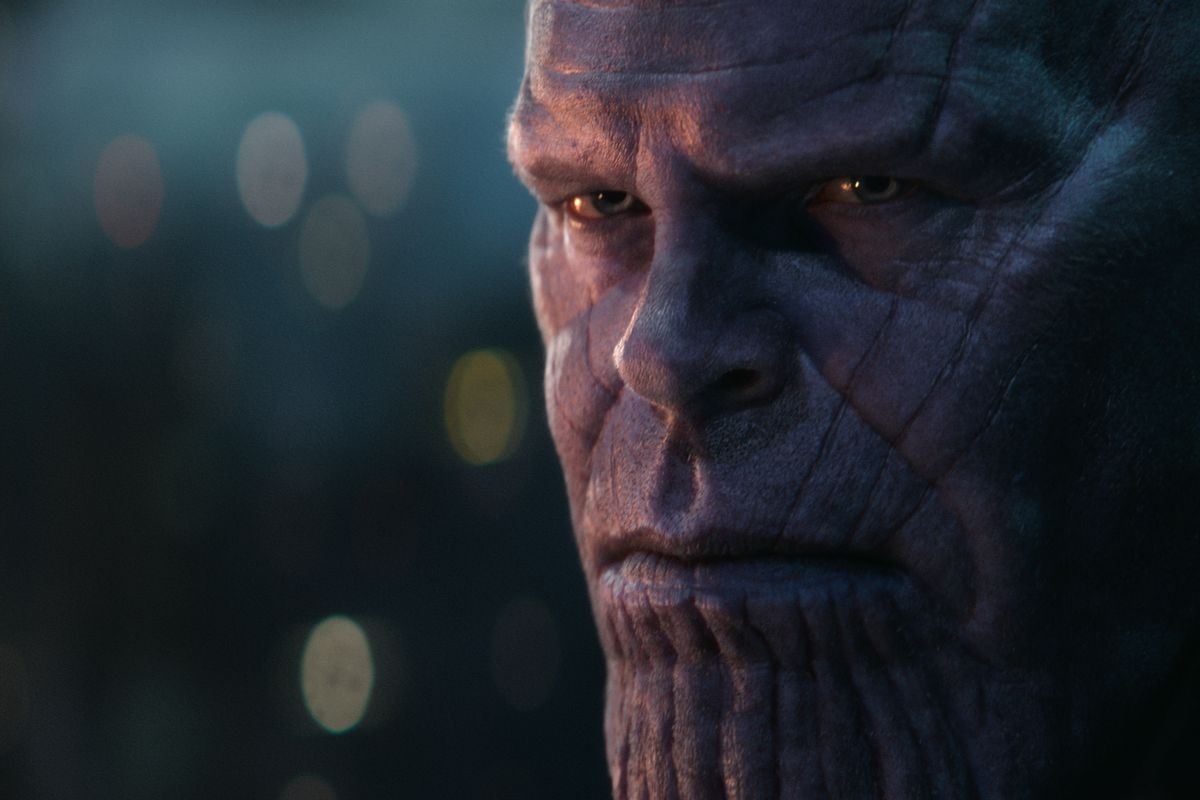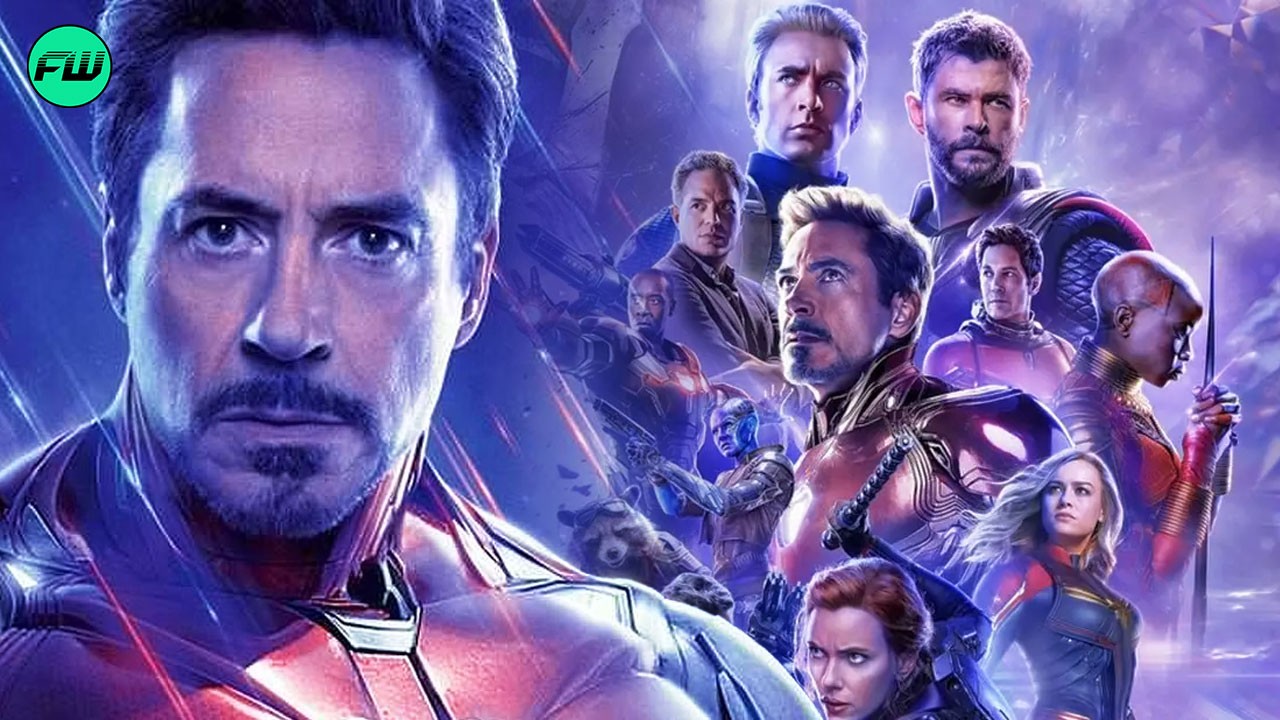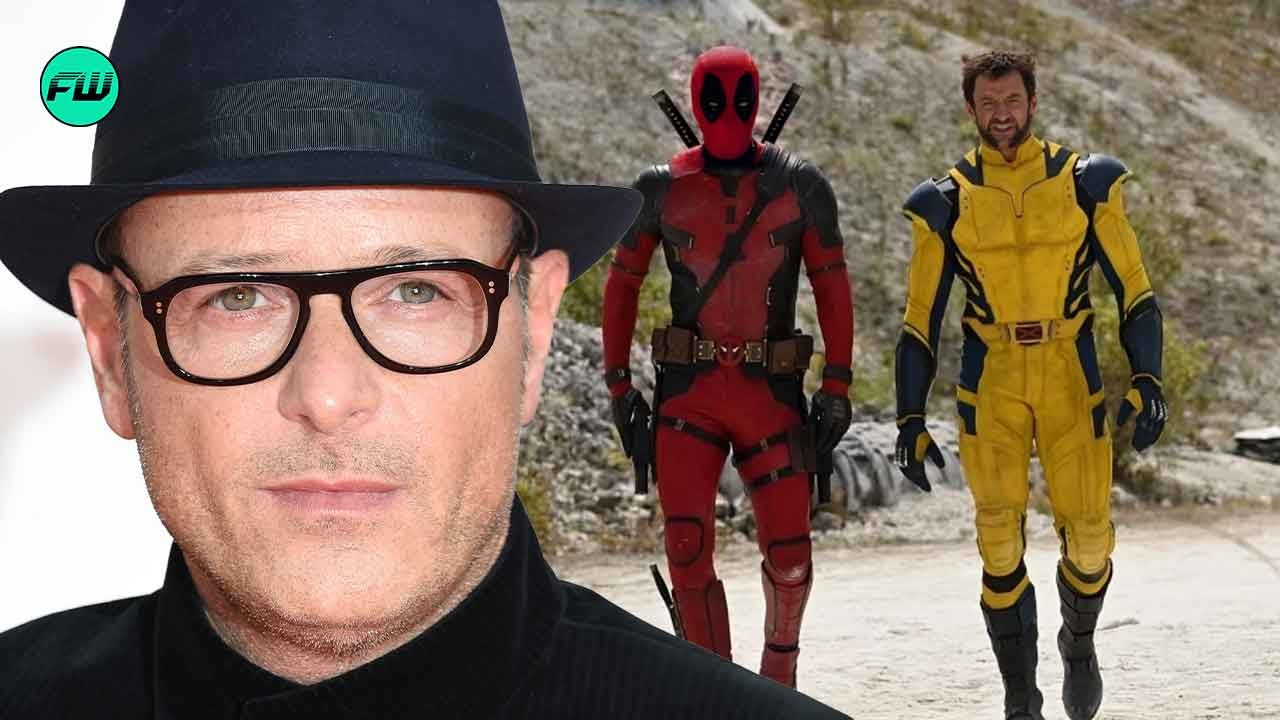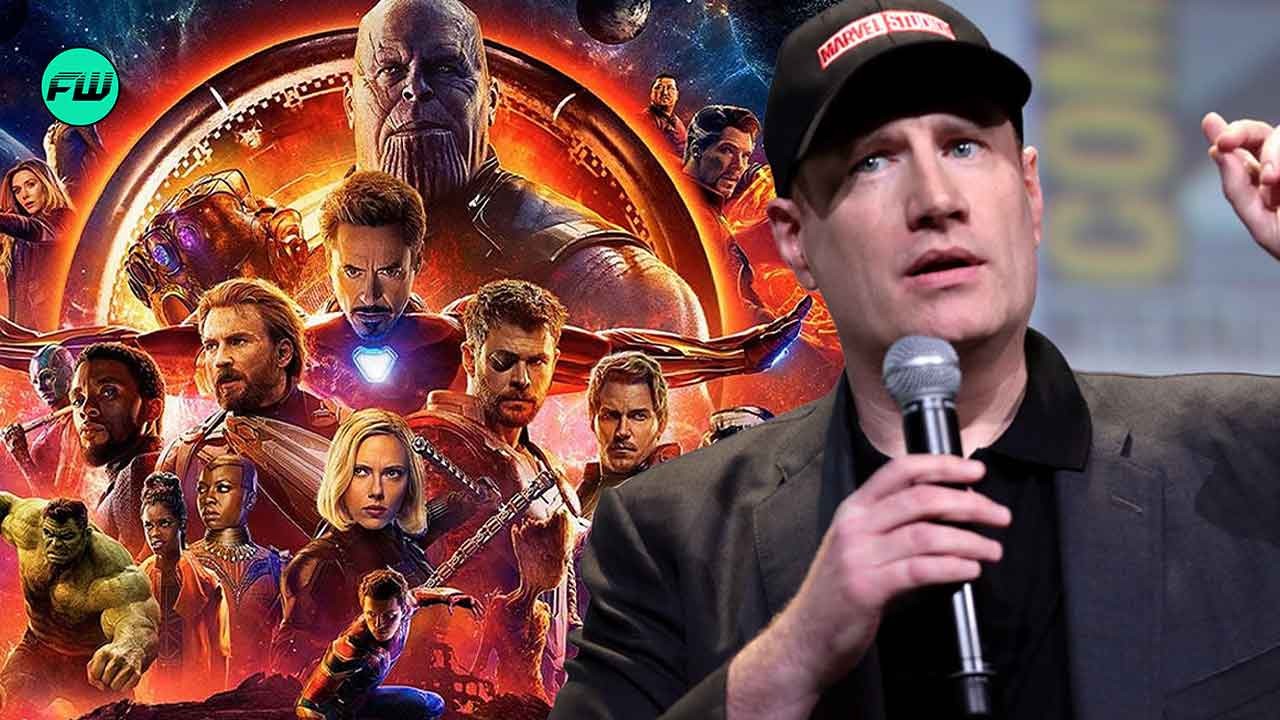Tony Stark stealing the Stones and using them to disintegrate Thanos and his army stands as a pivotal moment in the MCU in more ways than one. As far as the franchise’s storyline is concerned, it led to Iron Man’s permanent departure from the universe.

Further, the end of the Avengers chapter also impacted Marvel’s dominance at the box office. Avengers: Endgame was a gigantic success at the box office, grossing $2.7 billion globally. However, since then, the franchise has steadily lost its grip on moviegoers.
Many fan theories have emerged in recent years to explain this financial and critical downturn. The one we are going to take a look at now might be the most mind-numbing of all.
MCU Has Been Stifled by Many Questionable Storylines
Since its inception to the end of Thanos’ destructive journey in Avengers: Endgame, Marvel Studios President Kevin Feige has seemingly hit the bull’s eye at every given opportunity.

However, the most prolific producer of all time seems to have forgotten his powers after Avengers: Endgame. The Marvels was the latest of the disasters, as it sank to the lowest position with regards to the box office collection of MCU titles.
Fans have been left puzzled by a number of abrupt storylines. Blank Panther 2 didn’t do well enough to explain T’Challa’s death, blaming a mysterious illness for the same. Kamala Khan was initially established as an Inhuman in the television series Ms. Marvel before being revealed to be a mutant.
The “evil” handling of the Scarlet Witch in Doctor Strange in the Multiverse of Madness remains divisive to this day after the character seemingly found closure in WandaVision. These are just a few of many head-scratchers that Marvel fans have had to deal with in recent times.
One fan has come up with a very eccentric reason to explain the reason behind these perplexing “happenings.”
A Fan Theory Tries to Explain the Reason Why MCU Has Felt a Bit off Since Avengers: Endgame
Keanu Reeves led the 1999 science fiction action The Matrix, which explored a computer-generated dream world designed to keep humans under control by effectively pushing them to live a virtual life.

Now back to the MCU. The reason behind everything seeming a bit off in the franchise could be due to the same false reality. And this was supposedly the final act of Thanos before his Stones were taken away from him.
A Reddit user titled Minimum_Virus_3837 commented:
“Everything since the snap is a false reality created by Thanos to keep the universe in line Matrix-style. We’re actually all his mindless slaves under his control.”
There’s not much to comment on the sensibility of this theory. However, we do hope that akin to Neo in The Matrix someone wakes up and does something to bring this “reality” down.



